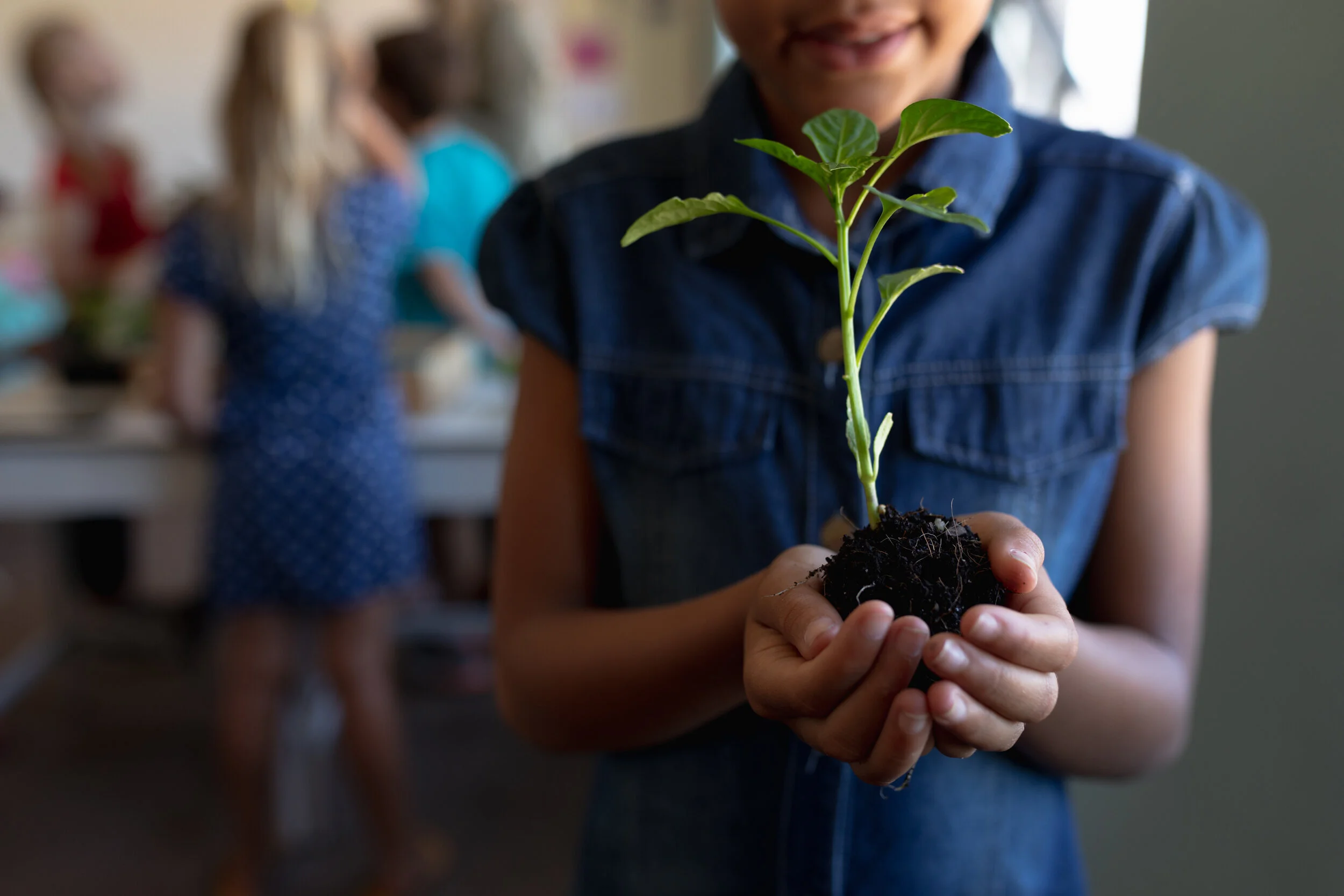Mindfulness is paying attention, right here, right now, with kindness and curiosity, so that we can choose our behaviour.
-Dr. Amy Saltzman
When we hear words like meditation, mindfulness, or mind training, we often assume we’re just working with our minds, but this simply isn’t the case. Mindfulness exercises bridge the divide between mind and body so we can experience our whole body and full-life experience including listening, speaking, and opting for helpful behaviour. We can explore paying attention and being okay with the present moment with a kind and compassionate curiosity.
Academic Research
Research has shown the benefits of mindfulness essentially fall into these three buckets:
Improved stress management and wellbeing, like decreased stress and anxiety, and increased self-awareness
Improved cognitive performance and function, like improved focus and impulse control
Improved pro-social behaviours, like skillful responses to difficult emotions and increased empathy
There is an abundance of research showing how mindfulness supports mental and physical wellbeing. Below are some favourite academic research sites:
American Mindfulness Research Association
Standford’s The Center for Compassion and Altruism Research and Education
Centre for Healthy Minds, University of Wisconsin-Madison
UC San Diego Center for Mindfulness
Greater Good Science Centre at Berkeley
The Maginficient Power of Learning in a Group
What you learn in a group with an experienced teacher, can not be learned in a book.
When the community is the teacher, the collective knowledge grows at a much faster speed for everyone and we also develop the ability to learn to listen compassionately to each other.
There is always so much learning that happens when people can share a little bit about what they noticed in their experience, like what was challening and easy. Or by asking questions or bringing something up to the group. This all creates positive learning connections with peers.
Also, change can be scary. Learning together provides sustainable, experiential learning where our thoughts, feelings and experiences can be validated. A spark of insight is less likely to fade with the continued support of practicing together in a safe and trusted space with people who have your back and are on a similar journey.
Educate Attention to Make Connections
We used to wait, and get bored, and our minds would wander. Now our modern world is complex and our access to enticing distraction is pretty alarming.
We're becoming more aware of how distracted we are at the same time that we've become more powerless to defend against it—computer engineers who have studied psychology know exactly what to dangle in front of us, so encouraging our families to spend less time on screens can feel like a losing battle. Our brains are learning to crave fast, as our stress and anxiety increase, and our relational connections decrease.
Here’s the good news—while we feel these modern pulls, we are also having conversations with our kids about self-discipline, character and values. And about not covering up loneliness and anxiety. And the scientific research is affirming that we can actually change our brains by re-wiring our thoughts and actions. Learn more about this exciting research in the links above.
By placing your attention on learning how to know yourself, and how to support yourself to make helpful choices, then you can also have the ability to be helpful to others in your family, your team, and your community. Ultimately, this connection with yourself leads to more happiness and joy!
“Between stimulus and response there is a space. In that space is our power to choose our response. In our response lies our growth and our freedom.”

